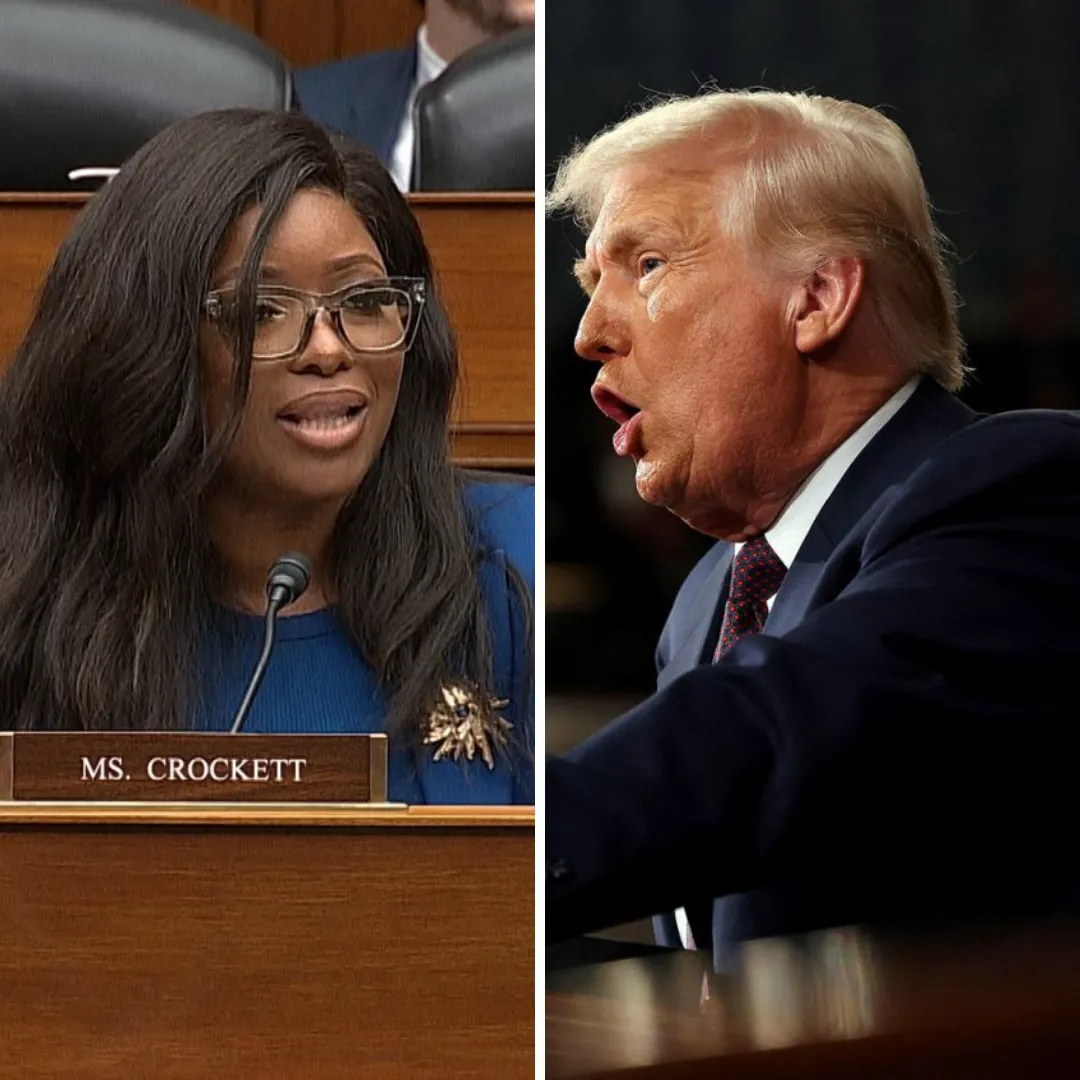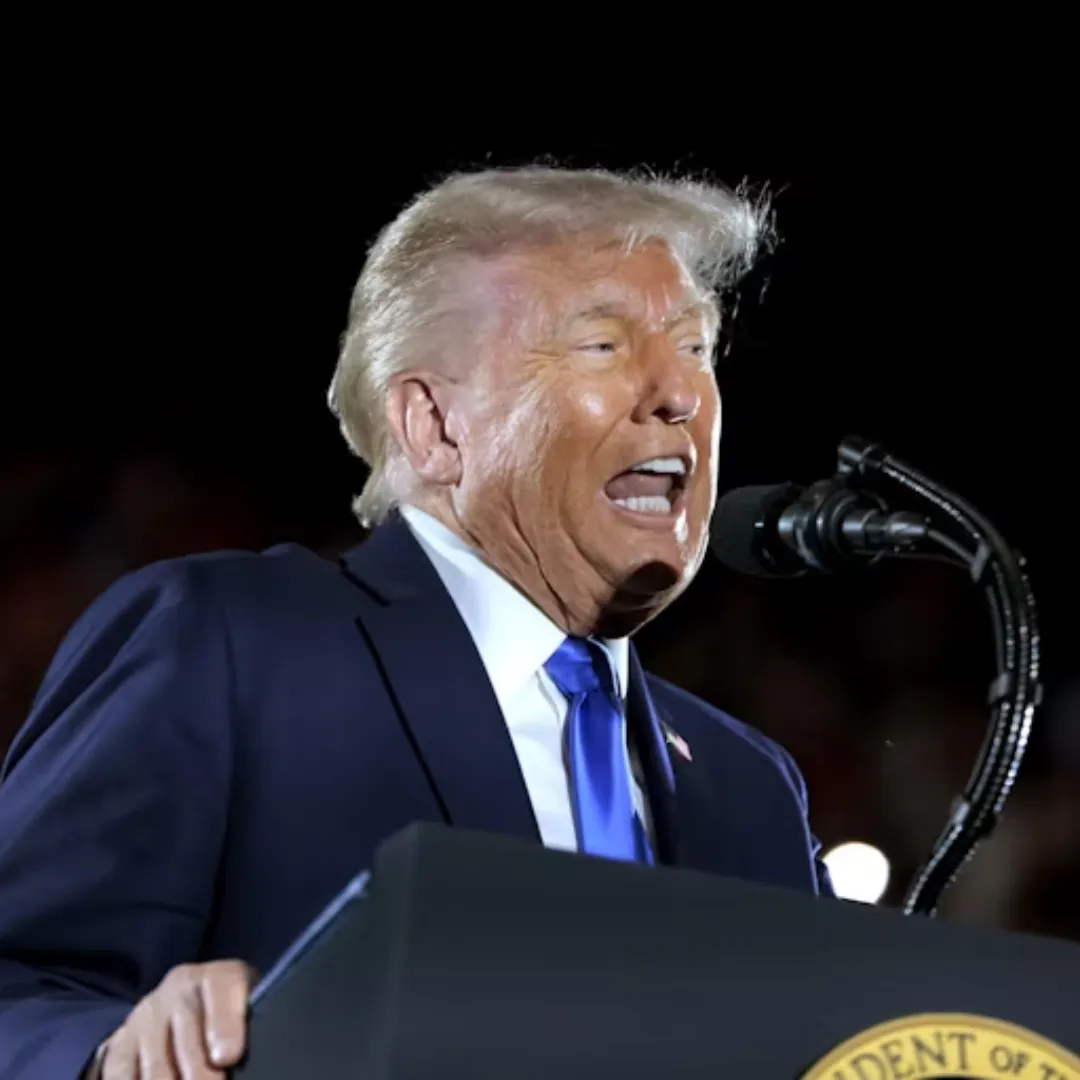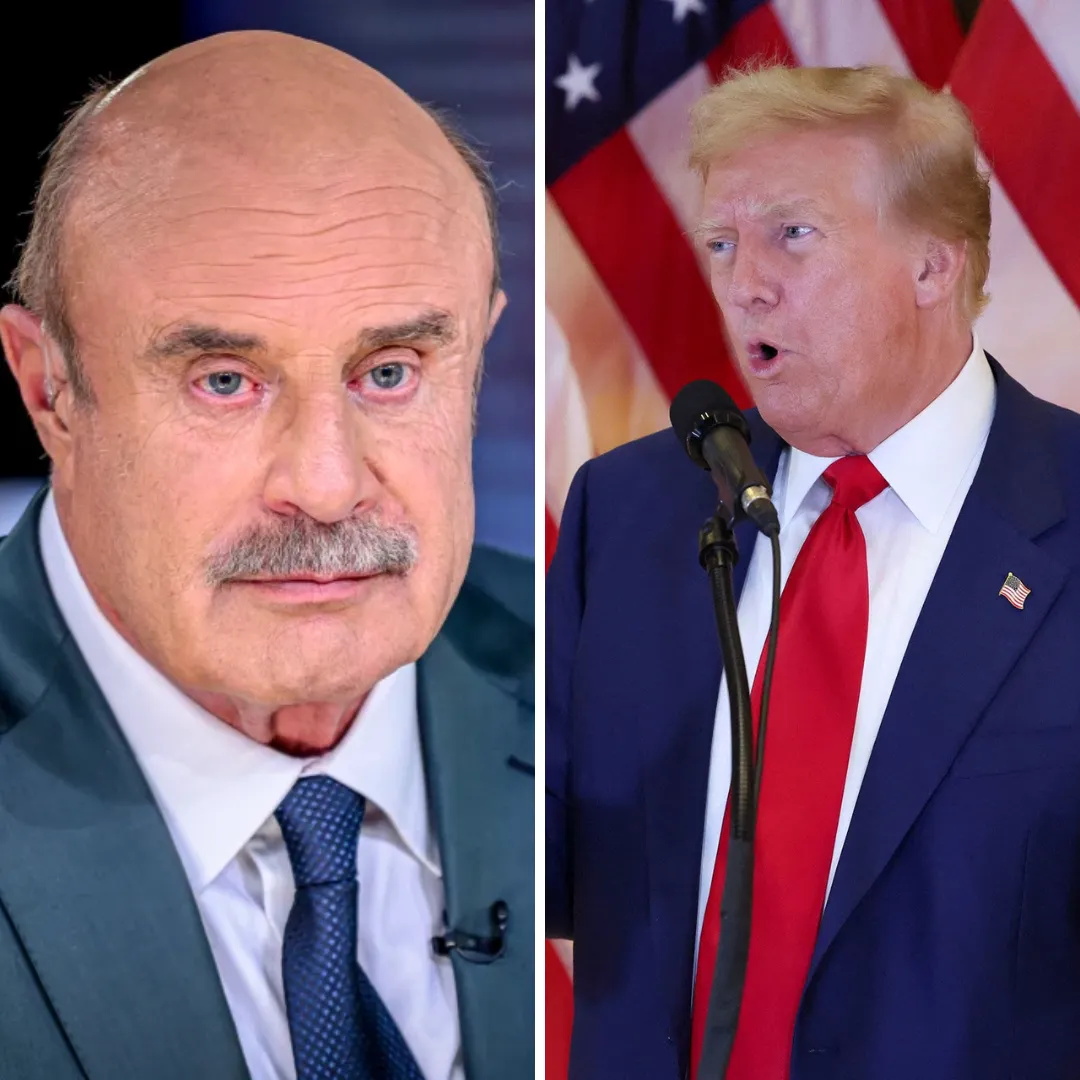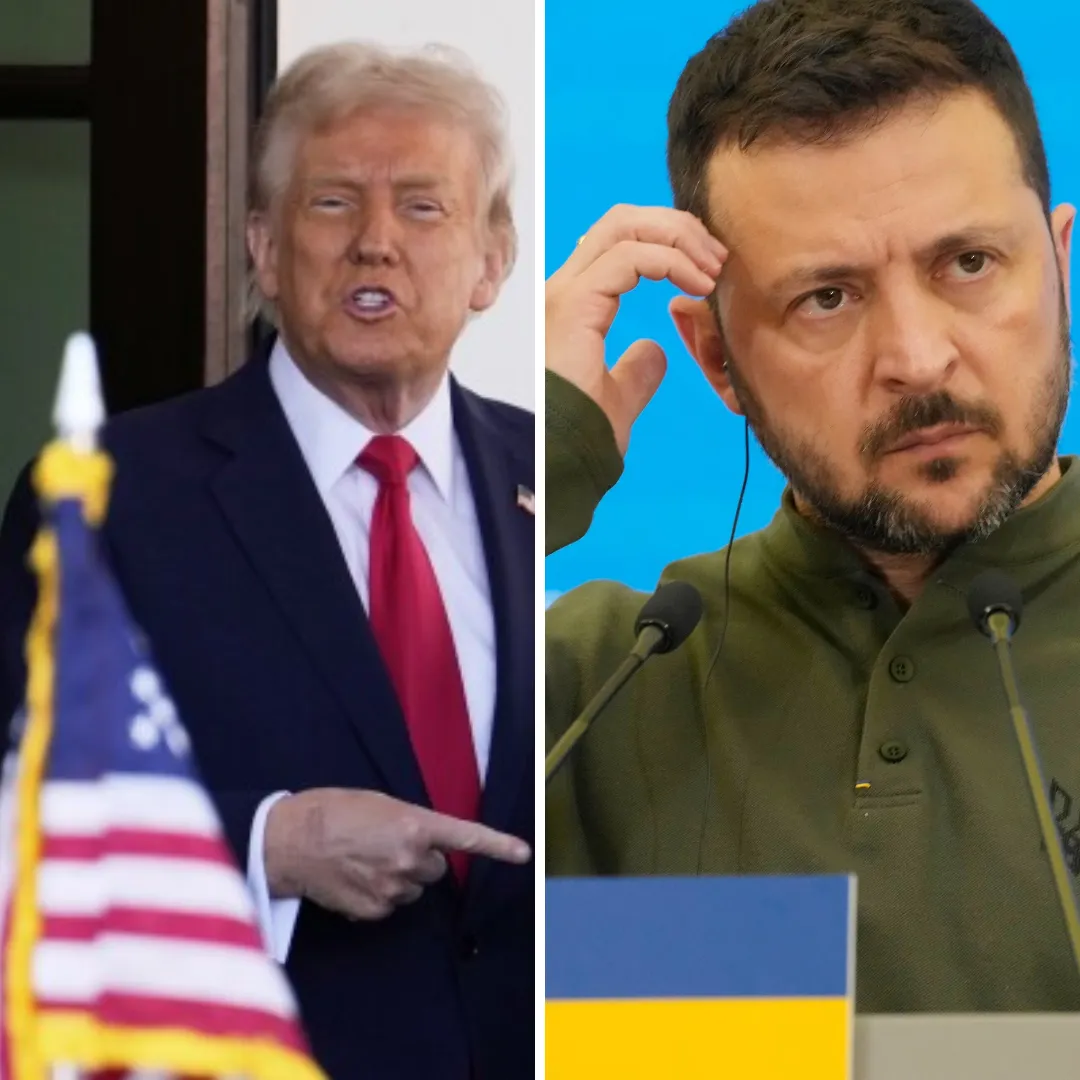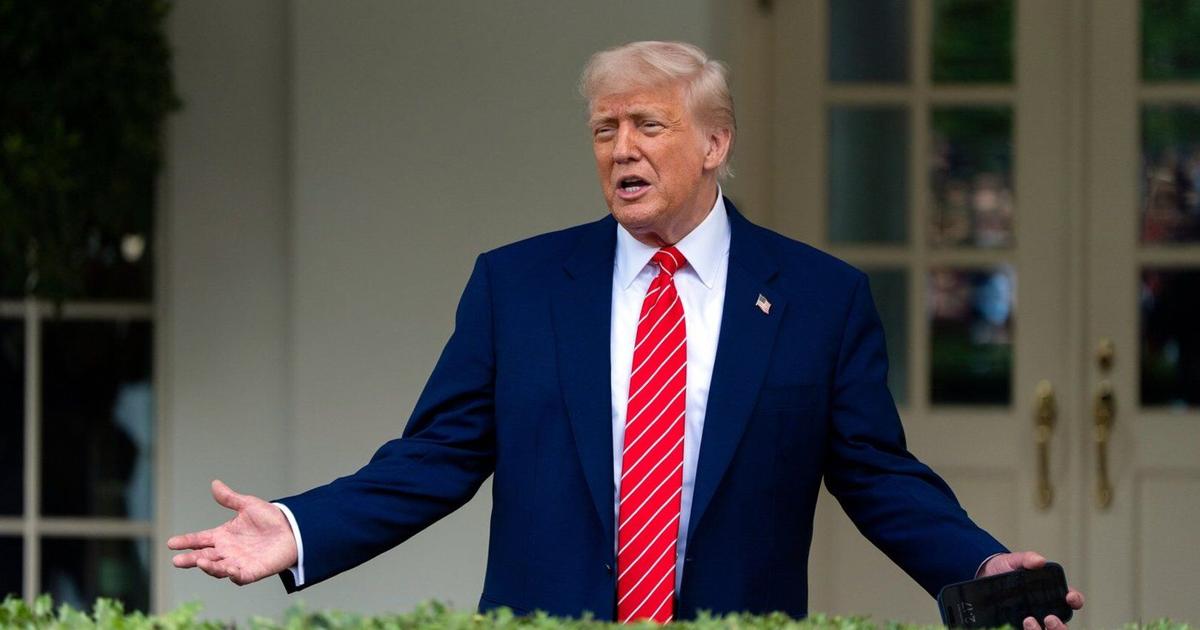
In a strongly worded editorial that marks a new flashpoint in the ongoing political battles over law enforcement, the editorial board of The Washington Post has publicly criticized President Donald Trump’s decision to appoint former Fox News host Jeanine Pirro as the top federal prosecutor for the District of Columbia.
The paper’s editorial, released Tuesday, warns that Pirro lacks both the legal independence and the professional integrity required to handle one of the most sensitive and consequential prosecutorial roles in the United States.
Pirro, a former judge and elected district attorney in Westchester County, New York, has not held a prosecutorial office in over two decades. Since then, she has become a staunch Trump ally and a vociferous presence in right-wing media, often amplifying conspiracy theories, questioning election legitimacy, and attacking federal law enforcement institutions.
The Post’s editorial board argues that this transformation from legal professional to partisan firebrand casts serious doubt on whether she can be trusted to oversee fair and impartial prosecutions in the nation’s capital.
The appointment, according to the editorial, may also be legally dubious. The Washington Post raises pointed questions about whether Trump has the authority to repeatedly appoint unconfirmed interim U.S. attorneys to the same post without Senate approval.
Citing prior controversies involving Trump’s efforts to circumvent Senate confirmations, the editorial emphasizes the urgent need for legal clarity on whether Pirro’s selection complies with federal law.
“It isn’t clear that the law allows him to name successive interim U.S. attorneys who are not confirmed by the Senate,” the board wrote, underscoring concerns that Trump may once again be testing the limits of executive power. “Both these questions need to be resolved quickly to protect D.C.’s interests.”
More than just a procedural concern, the editorial frames the matter as one of democratic integrity and institutional credibility.
The D.C. U.S. Attorney’s Office handles some of the most politically charged and high-profile cases in the country, including investigations involving members of Congress, national security matters, and decisions that touch the lives of millions of Americans living in the capital.
Given these stakes, The Washington Post warns that Pirro’s well-documented political loyalties to Trump could compromise public confidence in the office’s decisions.
In the view of the editorial board, Pirro’s history of denying the legitimacy of the 2020 presidential election should, by itself, be grounds for disqualification.
Her repeated claims that the election was rigged, despite overwhelming evidence to the contrary and dozens of court rulings affirming Joe Biden’s victory, align her not with the tradition of neutral justice, but with the political chaos Trump helped unleash in the wake of his defeat.
Pirro has also consistently echoed Trump’s accusations that the Justice Department has been weaponized against him. These views, which she has espoused on primetime television and social media platforms, make her a lightning rod in any role that demands impartiality.
For The Washington Post, this political alignment is not just problematic—it is dangerous. “It’s no surprise he wants a proven loyalist in this role,” the editorial board observed. “But to ensure the proper governance of D.C., the law needs to be followed, and a qualified lawyer needs to be put in charge of the office.”
The suggestion is clear: Pirro’s loyalty to Trump, while politically advantageous to the president, poses a direct threat to the integrity of the legal system if she is placed in a position to wield prosecutorial power over a jurisdiction as vital as Washington, D.C.
The editorial comes at a time when the rule of law is already under heavy strain in the capital. Since returning to office, Trump has launched a sweeping reshuffle of federal departments, often prioritizing personal loyalty over traditional qualifications.
His critics argue that these moves are designed to insulate him from legal consequences as investigations into his business dealings, his role in the January 6 Capitol riot, and other federal matters continue to mount.
Within this context, Pirro’s appointment is being interpreted by many legal scholars and civil rights advocates as another step in a broader strategy to politicize justice.
Her public commentary, steeped in personal attacks and aggressive rhetoric against Trump’s political enemies, has made her a divisive figure even within conservative legal circles.
Her defenders argue that she brings a no-nonsense, tough-on-crime mentality to the table. But to the editorial board, that style has become indistinguishable from partisan warfare—a far cry from the discretion and neutrality expected of a top prosecutor.
The Post also stresses the symbolic significance of the position. The U.S. Attorney’s Office for the District of Columbia is not just any prosecutor’s office—it is the only one under direct federal control that has no local state equivalent.
Because D.C. is not a state, its criminal justice system falls under the unique oversight of federal officials. As a result, whoever holds this post is effectively the chief law enforcement authority for hundreds of thousands of residents.

Appointing a political ally with no recent prosecutorial experience and a deeply polarizing public profile, the editorial board warns, risks turning a critical institution into a political tool.
While the White House has remained largely silent in response to the editorial, the backlash has already begun to intensify on Capitol Hill.
Several Democratic lawmakers have issued public statements opposing Pirro’s appointment, demanding congressional oversight hearings to review the legality and propriety of the move.
Legal watchdog organizations are reportedly preparing lawsuits or formal complaints to challenge her appointment in court.
There is also growing unease among career prosecutors within the Justice Department. Privately, some have expressed concern that Pirro’s leadership could erode morale and trigger resignations among experienced attorneys who fear that their work could be politicized or manipulated for partisan ends.
Others worry that public trust in the office—already shaken by years of political turmoil—could suffer irreparable damage.
As the controversy builds, one thing is certain: Trump’s decision to elevate a loyalist like Jeanine Pirro to such a powerful legal role will not go uncontested.
Whether through legal challenges, political opposition, or public outcry, the move has set off alarms about the future of impartial justice in the capital.
The editorial concludes with a plea for responsibility. In a city that serves as the heart of American democracy, the laws must be upheld not only in letter but in spirit.

The top prosecutor in Washington, D.C., must represent justice, not loyalty to one man. In appointing Jeanine Pirro, Trump may have chosen a defender—but not a protector of the law.


